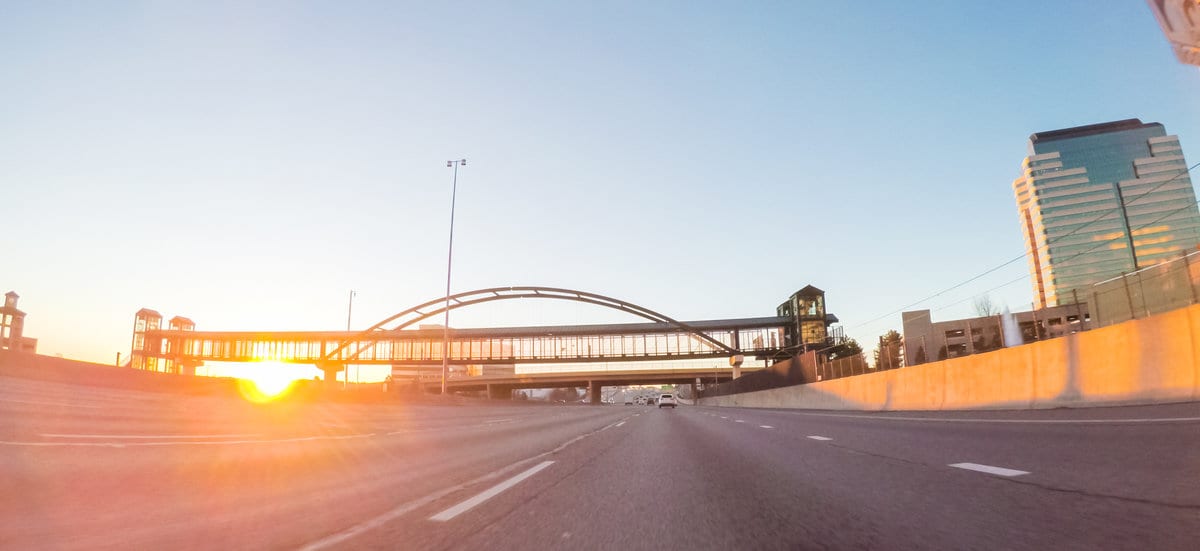By Tyler Svitak
It’s no secret that Colorado is growing.
The Denver metro area alone, for instance, has grown by more than 1.6% since 2010, adding a significant portion of the 80,000 new residents that are moving to the state each year. Denver isn’t alone, either. Colorado was the second-fastest growing state in 2015, and Aurora, Colorado Springs, Boulder, Fort Collins and even many of the mountain towns are experiencing growth that hasn’t been seen since the days of the Colorado gold rush in the 1850s.
Less than a generation ago, Denver and other Front Range metros were considered regional cities – nice destinations, but not much on the national stage, let alone internationally.
That has all changed, and quickly.
New apartment buildings have sprouted up across the region, new office space is now available downtown as well as in Denver South and for the first time Denver is in the same conversation as other “hot” Millennial destinations like Seattle, Austin, New York and more.
Along with this growth, however, has come traffic. Staggering, stifling, overwhelming traffic.
It’s more than clear in the Denver South region, where I-25 has become a critical north-south artery for the entire Front Range. And that’s one reason why the work we’re doing within the Colorado Smart Cities Alliance is so important. The Alliance is a statewide group of more than 40 government agencies, companies, national labs and universities, all working to solve the complex civic challenges facing our region through new technologies.
Transportation is just one example of the work we’re doing, but as a regional issue that often requires cooperation between multiple jurisdictions, is a great example of how these partnerships can benefit all of Colorado. Here are two examples of the work we’re doing in this area:
Autonomous Shuttles
Launched by the Regional Transportation District(RTD) in January 2019, the 61AV is believed to be the first autonomous vehicle shuttle that is operating on public roadways and is fully integrated into a transit agency in order to provide a first/last mile connection to a transit rail station. The service is provided using an autonomous, all-electric EZ10 shuttle that is a product of EasyMile, a French-based company with its North American headquarters in Denver. The shuttle is designed to perform all driving tasks along the route without a human driver, although there is a “customer service ambassador” onboard to ensure safety and answer questions.
The 61AV pilot project was designed to test the hurdles of full-transit integration on the Front Range, including stakeholder alignment, governmental approvals, platform integration, accessibility and more. The results will inform RTD and the region as they look to scale or replicate these autonomous solutions.
Adaptive Signals
Suggested Reading:
Timing the traffic signals along a major thoroughfare in order to promote smooth travel can get complicated quickly. And it just gets worse when the signals along one corridor are owned by multiple jurisdictions that use different technologies and operate in silos.
A partnership between the City of Lone Tree, the City of Centennial, and the City of Greenwood Village, along with the Park Meadows Metro District, is working to solve this problem with an adaptive signal system along the Yosemite Corridor between Lincoln Avenue and Belleview Avenue. The corridor will be upgraded to leverage real-time traffic volumes to make signal timing decisions that improve travel times, safety, and efficiency for all modes on the corridor.
The private sector companies Blyncsy and Orange Traffic have been installing sensors along Yosemite and arterials to begin collecting real-time, baseline traffic data along the corridor, which agencies will leverage to inform traffic timing. The implementation of the adaptive signal system is scheduled for early 2020, and the project is expected to provide a promising model for cooperating amongst jurisdictions.
Yes, Colorado is growing, but smart cities are alive and well in this region as well. As long as these partnerships remain the standard for doing business in the state, we’ll be well-positioned to take full advantage of this booming economy without having to sacrifice the quality of life we all hold so dear in Colorado.
Tyler Svitak is executive director of the Colorado Smart Cities Alliance.


